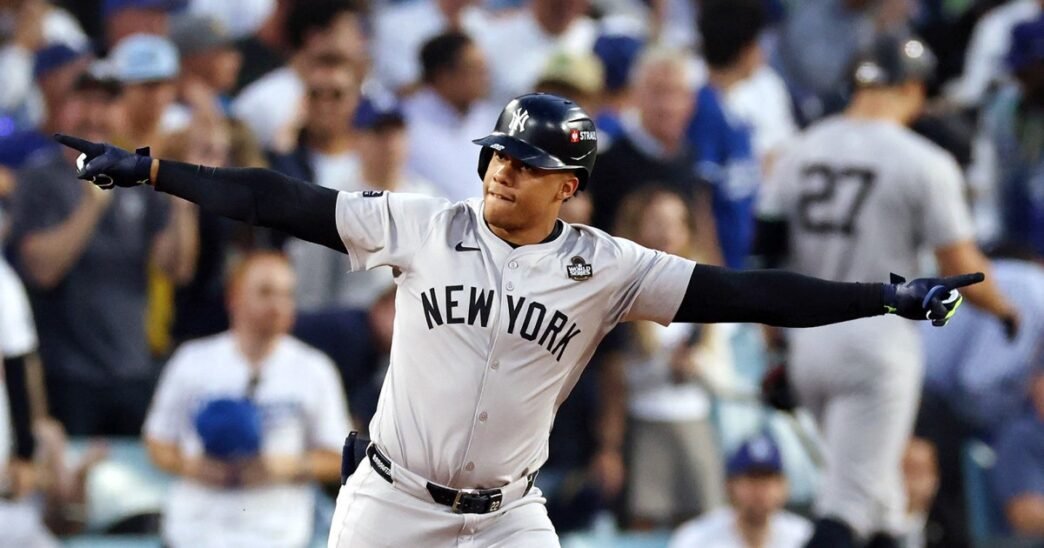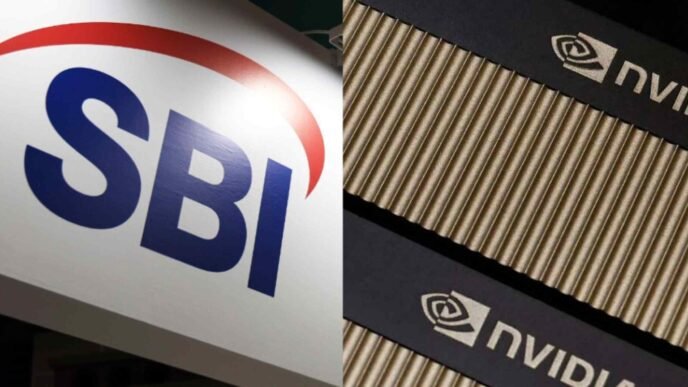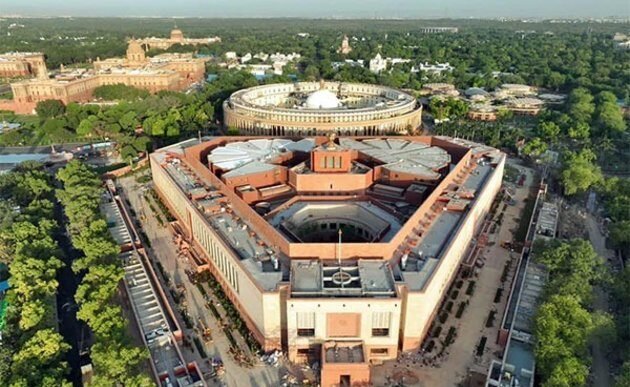Earlier this year, Steve Cohen laid out his principles as the owner of the New York Mets, saying it was a “philanthropic” endeavor, in an interview with CNBC’s Andrew Ross Sorkin.
“I don’t care about the cost side,” Cohen said, adding: “If I can make millions of people happy, how cool is that? I actually do it as a civic responsibility.”
That attitude helps explain how outfielder Juan Soto ended up agreeing to the richest-ever contract in baseball on Sunday, and among the most lucrative signed by any professional athlete in the world.
The deal for Soto, who’s 26 and from the Dominican Republic, comes to $765 million over 15 years and includes a $75 million signing bonus and has the potential to increase to more than $800 million, according to MLB.com.
What’s especially notable about the contract is that none of the money is “deferred” — meaning it must be paid each year that Soto is on the Mets’ active roster. Besides the dollar amount, the lack of deferrals is what makes Soto’s contract even more eye-popping than the $700 million deal signed just last year by Los Angeles Dodgers star Shohei Ohtani: $680 million of Ohtani’s deal will not be paid until after 2034.
For Soto, it means taking all the money up front.
“It actually makes little sense why (Soto) would get such a big contract without deferrals,” Nathan Goldman, an associate professor of accounting at North Carolina State University, said in an interview with NBC News.
Given the hefty combined personal income tax rates — approximately 15% for the wealthiest residents — levied by the city and state of New York, Soto’s ultimate payout will be somewhat diminished.
Yet Soto retains the potential to earn even more money: According to MLB.com, he can opt out of his contract after his fifth year with the Mets if he believes he can command higher sums on the free market.
However, the Mets can override that opt-out by increasing his annual sal by $4 million a year, from $51 million to $55 million for the final 10 years.
And Soto’s contract does not include the amount the Mets and Cohen will have to pay to satisfy Major League Baseball’s luxury tax. Though ostensibly designed to create a more even playing field between large- and small-market teams, deep-pocketed owners like Cohen have not flinched at paying that penalty to acquire the most coveted players.













